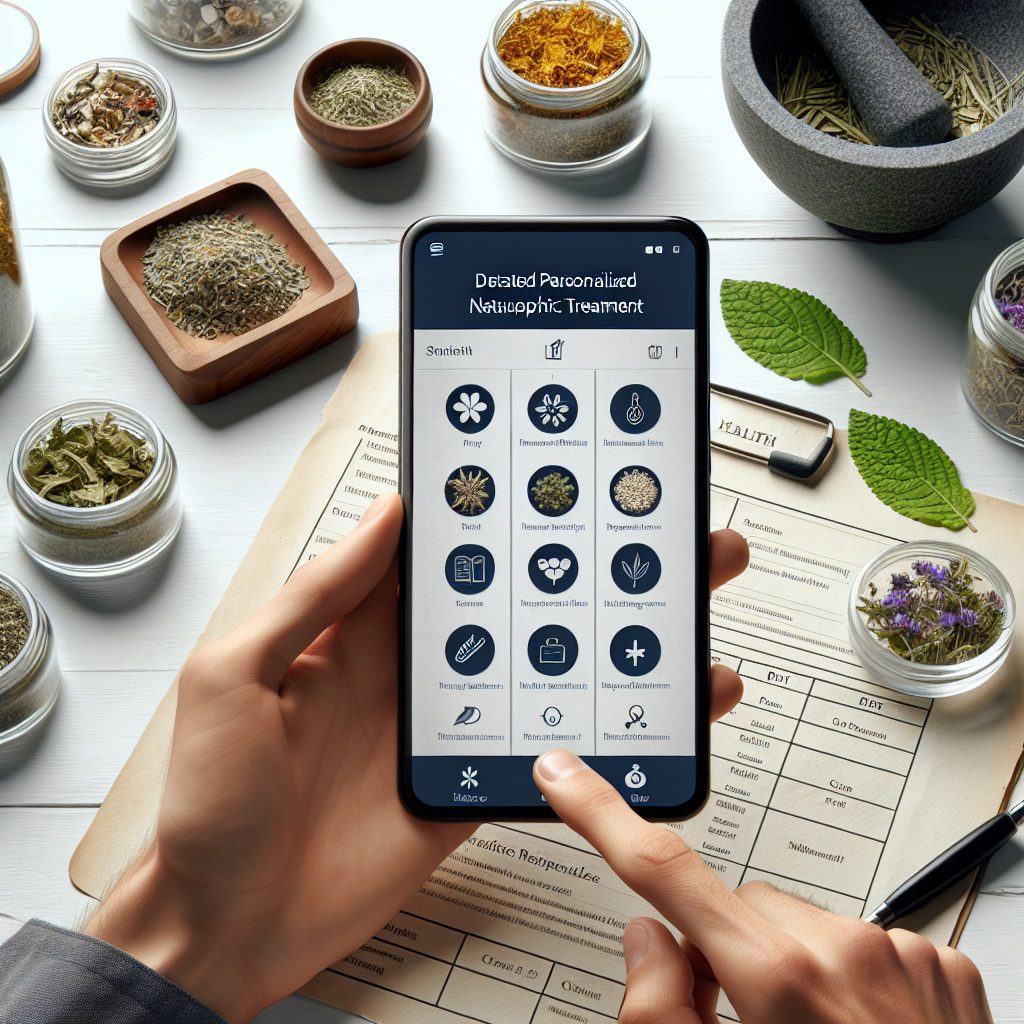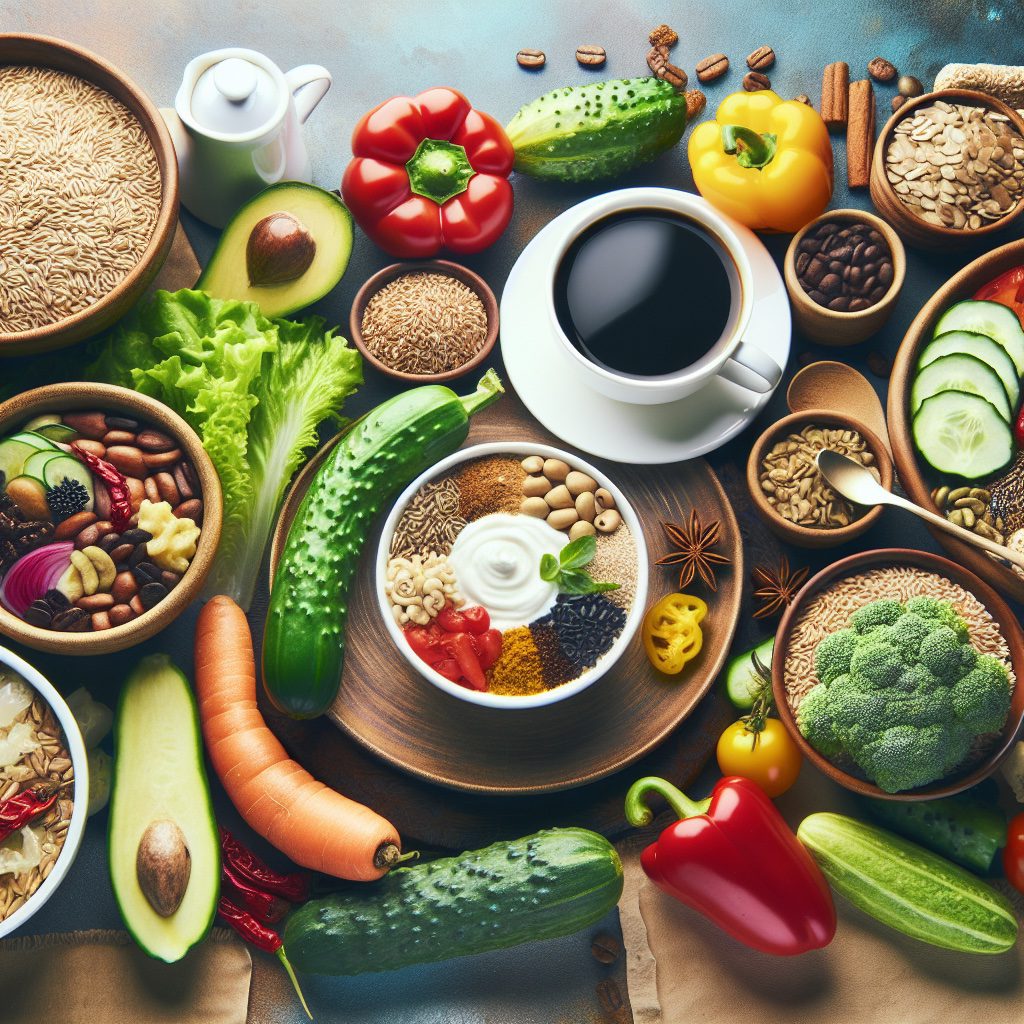During the journey of pregnancy, there’s something special about cradling a warm cup of herbal tea in your hands. It’s a tradition that countless mothers-to-be have cherished across cultures and generations – a moment of calm in the beautiful chaos of creating life. But while herbal teas can be wonderful companions during pregnancy, they require thoughtful selection. Not all that nature provides is suitable for this delicate time! The good news? Several herbal teas can actually be wonderful allies on your pregnancy journey. Red raspberry leaf tea stands out as a pregnancy favorite, particularly in the third trimester, with many midwives suggesting it might help tone the uterus and potentially ease labor. A gentle cup of chamomile can work wonders for those pregnancy-induced sleep struggles and anxious moments when your mind races with all the changes ahead. And if morning sickness has become your unwelcome daily companion, spearmint tea might offer some sweet relief while soothing your digestive system. These natural brews don’t just support physical comfort – they create little rituals of self-care that honor both you and your growing baby. Taking time to sip slowly connects you to the traditional wisdom of herbal tea pregnancy practices while nurturing your emotional wellbeing during this transformative time.
Safety First: Navigating Herbal Tea Pregnancy Choices
When it comes to herbal tea pregnancy choices, safety must be your top priority. Let’s explore practical guidelines that respect both traditional wisdom and modern caution.
First and foremost, moderation is your trusted friend. Even with safe herbal teas, limit yourself to 1-2 cups daily throughout your pregnancy. Your body is working overtime growing your little one, and even beneficial herbs should be approached with gentle respect. Before adding any new herbal tea to your pregnancy routine, have a conversation with your healthcare provider. This is especially important if you have pre-existing conditions or take medications, as certain herbs might interact in unexpected ways.
Which Herbal Teas to Avoid While Pregnant
While we’ve highlighted some pregnancy-friendly options, traditional Chinese medicine recognizes several herbs that pregnant women should definitely avoid. Dong Quai, though prized in many Chinese herbal formulations, acts as a blood thinner and may stimulate uterine contractions – effects you absolutely don’t want during pregnancy. Similarly, mistletoe might seem innocent in holiday decorations, but as a tea, it poses significant risks that could lead to pregnancy complications.
The ancient wisdom behind Chinese herbs during pregnancy emphasizes harmony with nature and listening to your body’s signals. Each woman’s pregnancy experience is uniquely her own, and what works wonderfully for your friend might not suit your system. Pay close attention to how your body responds after drinking any herbal tea. Notice unusual movements from baby? Cramping? Headaches? These could be your body whispering (or sometimes shouting) that a particular brew isn’t right for you right now.
Embracing Traditional Pregnancy Wellness Teas
Traditional pregnancy wellness teas have earned their reputation through generations of use, but even tradition must be balanced with modern understanding. Many Chinese herbalists believe pregnancy is a time when your body seeks balance – not dramatic intervention. This philosophy aligns perfectly with HerbalsZen’s belief in listening to your body’s voice and discovering what truly nurtures your unique pregnancy journey.
Remember that pregnancy changes your body’s sensitivities. A tea you enjoyed before pregnancy might suddenly taste different or affect you in new ways. Trust these shifting preferences – they’re part of your body’s intelligent design protecting both you and your baby. When selecting safe pregnancy teas, choose products with transparent ingredient lists from reputable sources who understand the special considerations of pregnancy herbalism.
Reflecting on the Interplay of Wisdom and Modern Insights
As we wrap up our exploration of herbal teas during pregnancy, it’s worth reflecting on the beautiful intersection of ancient wisdom and modern understanding. Throughout history, women have turned to nature’s pharmacy for support during pregnancy, creating a legacy of knowledge passed from mother to daughter, healer to community. Today, we have the privilege of accessing both this traditional wisdom and contemporary scientific insights—allowing us to make choices that honor both.
The journey of pregnancy invites us to deepen our connection with our bodies in profound ways. This heightened awareness perfectly aligns with HerbalsZen’s philosophy of truly listening to your body’s voice. When you pause before sipping that ginger tea and ask yourself “How does this make me feel?” you’re practicing an ancient form of self-care—one that recognizes your intuition as a powerful guide.
Remember that safe pregnancy tea consumption isn’t just about avoiding certain herbs—it’s about embracing those that nurture. When chosen thoughtfully, traditional pregnancy wellness teas can become rituals of self-love during a time when your body is working its most magnificent magic. These quiet moments with a warm cup might become cherished memories of how you connected with your growing baby.
I encourage you to approach herbal teas during pregnancy with both curiosity and caution. Seek balance in all things, just as Chinese herbal traditions have taught for millennia. Perhaps start a pregnancy tea journal, noting how different herbal brews affect your mood, energy, and physical symptoms—creating your own personalized guide to which herbal teas to avoid while pregnant and which bring comfort.
Have you discovered a particular herbal tea that brought you comfort during pregnancy? Or perhaps you have questions about combining different herbs? I’d love to hear your experiences and insights in the comments below. By sharing our stories, we create a tapestry of collective wisdom that supports other mothers-to-be on their journey toward balance and wellbeing.
The ancient herbalists knew what modern wellness seekers are rediscovering—that harmony with nature offers profound support during life’s transitions. As you navigate the beautiful complexity of pregnancy, may you find the perfect cup of herbal tea to accompany you—one that honors both the precious life growing within and the intuitive wisdom you already possess.




